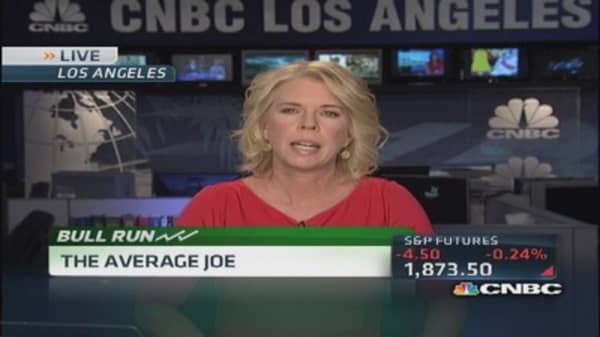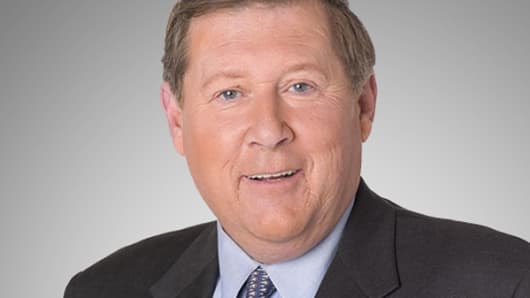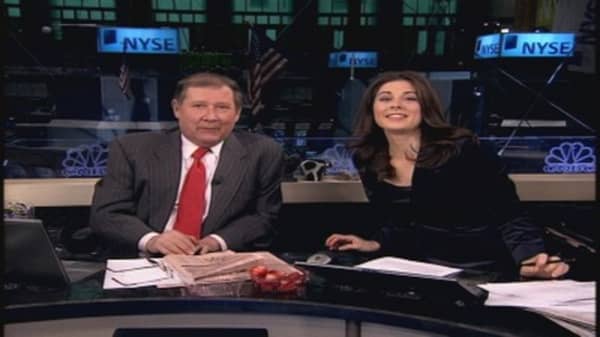Five years later, "There are very few people saying they have to be 'all in' on the market," said J.J. Kinahan, chief strategist for TD Ameritrade. "In fact, although our engagement rate has increased, even those that are long seem to have one foot out the door. They are ready to leave the long position quickly if things turn." At the same time, "Those who are short seem to really like their positions."
Kinahan said the crisis has made investors less passive and more engaged in investment decisions. The Fidelity study found that while 65 percent of investors were scared or confused in 2009, 56 percent now feel more prepared and confident. About half have decreased their personal debt, and 42 percent have increased their contributions to their retirement accounts.
(Read more: This is what could end stock bull market: Paulsen)
The investments I cashed in at the bottom have also come back into the market. After all, where else can one put money to earn a return that beats inflation? I'm not talking about the inflation rate the federal government trots out every month. Real inflation, for me, is the inflation in taxes, insurance, health care, college, bacon, beef, milk and veterinary bills. Those are up lot more than 1.6 percent in a year.
Lamar Jones said that these days he owns more funds and fewer individual stocks than he did in 2009. "The stocks I own today, I'm pretty comfortable with the management and what they're doing, and the products."
But it's hard to shake the past.
"I thought I could buy an Aston Martin," he joked about his hopes back before the crash, "and with the money I lost, I probably could've bought an Aston Martin."
—By CNBC's Jane Wells. Follow her on Twitter @janewells.






